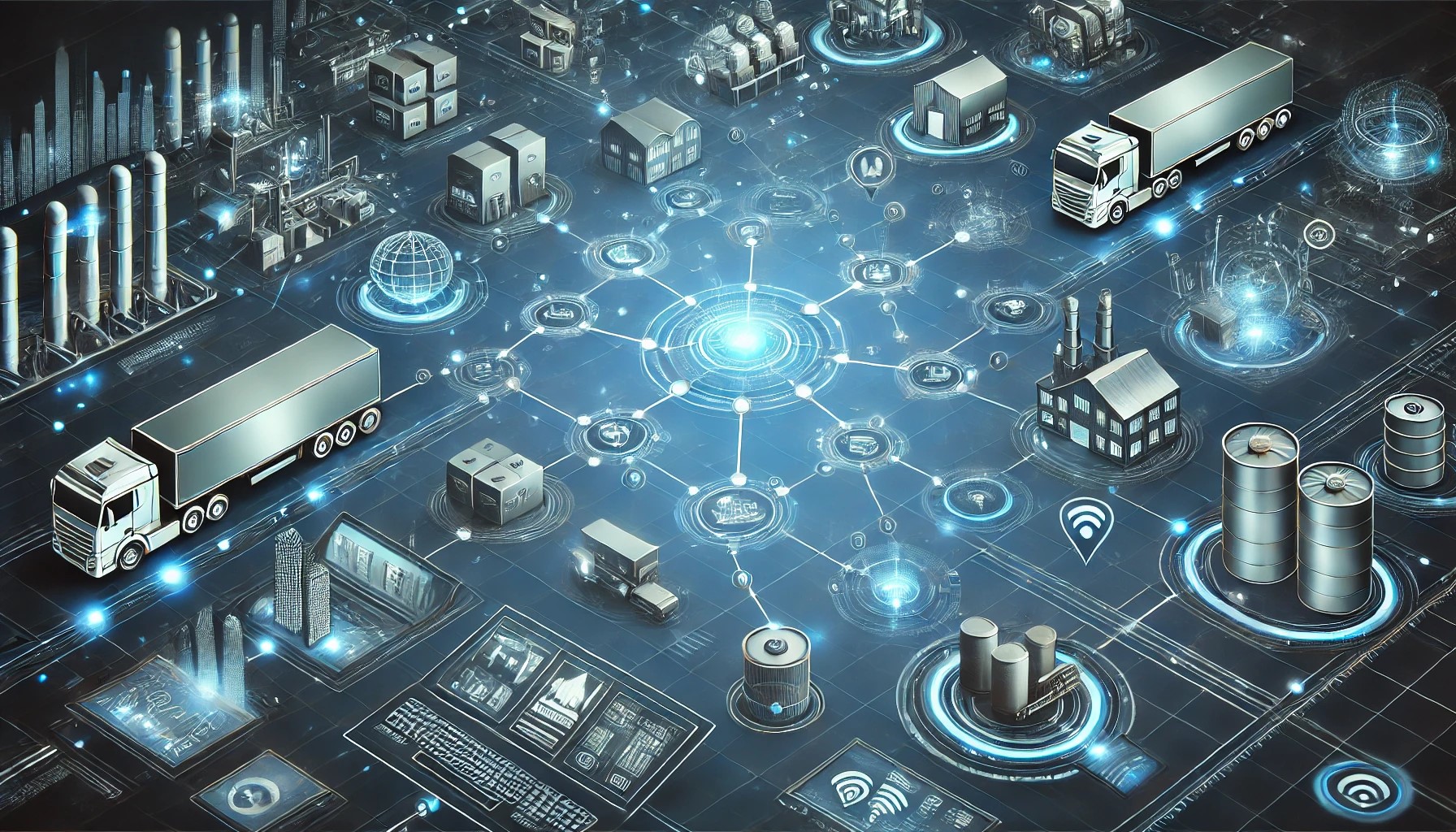Transforming Supply Chains with Blockchain and IoT
Discover the potential of emerging technologies in revolutionizing supply chain management

Introduction
In today's rapidly evolving business landscape, supply chain management is undergoing a revolutionary transformation powered by emerging technologies. Blockchain and the Internet of Things (IoT) are at the forefront of this change, promising unprecedented levels of transparency, efficiency, and security in global supply chains.
The Power of Blockchain in Supply Chains
Blockchain technology, with its decentralized and immutable ledger, is reshaping supply chain management in several ways:
- Enhanced Traceability: Blockchain provides an unalterable record of every transaction and movement within the supply chain, ensuring complete product traceability from origin to consumer.
- Improved Transparency: All stakeholders have access to the same information, reducing disputes and increasing trust among supply chain partners.
- Smart Contracts: Automated, self-executing contracts streamline processes, reduce intermediaries, and ensure all parties meet their obligations.
IoT: Connecting the Physical and Digital Worlds
The Internet of Things is bringing unprecedented connectivity to supply chains:
- Real-time Tracking: IoT sensors provide continuous, real-time data on the location and condition of goods throughout the supply chain.
- Predictive Maintenance: IoT devices can monitor equipment health, predicting and preventing failures before they occur.
- Inventory Optimization: Smart shelves and warehouses can automatically track inventory levels, triggering reorders and reducing stockouts.
The Synergy of Blockchain and IoT
When combined, blockchain and IoT create a powerful synergy:
- Data Integrity: IoT devices collect data, while blockchain ensures its integrity and immutability.
- Automated Workflows: IoT triggers events that can be automatically executed through blockchain smart contracts.
- Enhanced Security: Blockchain's cryptographic features add an extra layer of security to IoT data.
Challenges and Considerations
While the potential is immense, there are challenges to consider:
- Scalability: Ensuring blockchain networks can handle the vast amount of data generated by IoT devices.
- Standardization: Developing industry-wide standards for blockchain and IoT integration in supply chains.
- Privacy Concerns: Balancing transparency with the need for confidentiality in competitive business environments.
- Implementation Costs: The initial investment in blockchain and IoT infrastructure can be significant.
"The integration of blockchain and IoT in supply chains is not just a technological upgrade; it's a fundamental reimagining of how global trade and logistics can operate in the digital age."
- Dr. Maria Rodriguez, Supply Chain Innovation Expert
The Future of Supply Chain Management
As blockchain and IoT technologies mature and become more widely adopted, we can expect to see:
- Fully automated and self-optimizing supply chains
- Near-perfect inventory management and demand forecasting
- Drastic reduction in counterfeit goods and fraud
- Increased sustainability through better resource management and reduced waste
Conclusion
The transformation of supply chains through blockchain and IoT is not just a technological shift; it's a fundamental reimagining of how global trade and logistics can operate in the digital age. Organizations that embrace these technologies early will be well-positioned to lead in the new era of smart, connected, and transparent supply chains.
